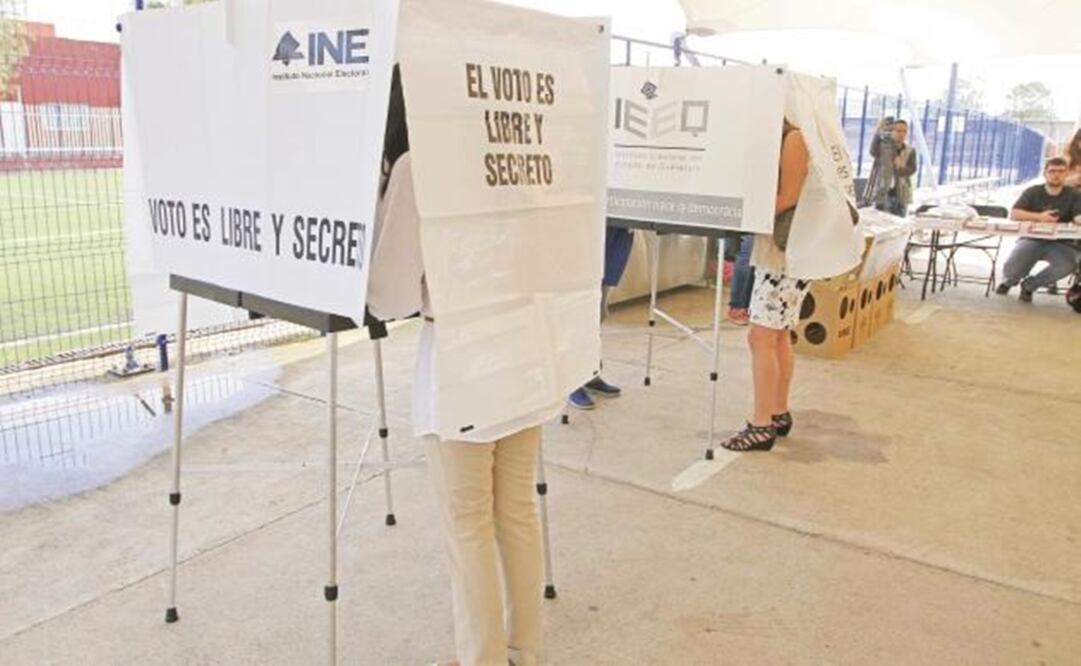Mexican democracy
is clearly going through some troubled times due to, among other things, the delicate national situation on matters such as security, economy and the overall discontent of the people towards the political class. Thus, voter turnout for the upcoming 2018 General Election – the biggest election in Mexican history – is expected to draw in a slightly higher-than-average number of people to the polling stations, compared to those of the two previous elections – yet it is also quite uncertain.
And if under “normal” conditions lack of participation is a characteristic of electoral processes in our country, to see the pattern repeat itself this time – despite all that is at stake for all of those who chose not to vote – will result in an even more expensive election than if all of those whose names are on the federal voter's registry were to cast their votes. This is due to a mere mathematical logic yet it doesn't fail to be paradoxical.
During the presidential elections of 2006 and 2012, 40% of Mexico's eligible voters decided, well, not to vote. Out of the over 75 millions of votes that could have decided the election, only an average of 46 million votes was cast. The upcoming election could be decided in a similar fashion – a trend that is becoming more expensive each year for society itself.
If this year's voter turnout is anything like the previous two elections, then it means that, on average, 50 million of Mexicans will vote. The lack of participation will elevate the cost from MXN$83 to MXN$135 per vote – only from the 2012 election and until now, according to the calculations of EL UNIVERSAL.
Regardless of the above, The Center for Research and Teaching in Economics (CIDE), democracy is costing Mexico and arm and a leg. This continues to be a reality, the substantial funds allocated to the electoral bureaucracy and the expenditure of political parties . It's clear that the high price of our electoral system is due, mainly, to its design. For this reason, vote abstention increasing the cost is just a consequence of a design that, it's worth noting, has been praised by many countries.
An exhaustive modification to our electoral system is still pending, a modification that tends towards austerity. The 2012 electoral reform had as one of its core goals to reduce expenditure in electoral processes yet there are no such savings – if anything, this year's budget was considered one of the most expensive in the history of the National Electoral Institute until the Chamber of Deputies established a series of cuts. Meanwhile, in the high cost of the vote, we surely find a reason more to encourage participation in the upcoming election.
Even if there are well-founded reasons for the mistrust, apathy, and disappointment regarding the 2018 General Election, it's the obligation of all citizens eligible to vote to do so.
am
Noticias según tus intereses
[Publicidad]
[Publicidad]














